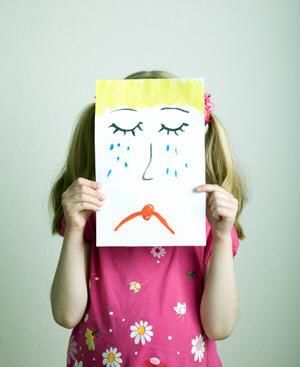|
What significant event in John Berryman's childhood influenced his poetry, especially in themes of loss? |
Card: 1 / 34 |
|
John Berryman was profoundly affected by the suicide of his father when he was 12 years old, which influenced his exploration of loss in his poetry.  |
Card: 2 / 34 |
|
In 'The Ball Poem,' what does the ball symbolize in relation to the theme of loss? |
Card: 3 / 34 |
|
The ball symbolizes the concept of loss itself, representing the inevitable experiences of losing something cherished, which evokes deep emotional responses. |
Card: 4 / 34 |
|
The poem 'The Ball Poem' suggests that the boy's sadness is tied to the understanding that ___ can replace what has been lost. |
Card: 5 / 34 |
|
What lesson does Berryman impart through the boy's experience in 'The Ball Poem'? |
Card: 7 / 34 |
|
Berryman conveys that everyone must learn to bear the pain of loss, emphasizing that coping with loss is an integral part of the human experience. |
Card: 8 / 34 |
|
The loss of the ball symbolizes the boy's deep emotional attachment to his possessions and the memories associated with them, highlighting the theme of childhood innocence and the pain of loss.  |
Card: 10 / 34 |
|
The boy's reaction to losing the ball signifies his first understanding of ___ in a world of possessions. |
Card: 11 / 34 |
|
True or False: The poet offers the boy money to buy another ball as a solution to his grief. |
Card: 13 / 34 |
|
False. The poet does not offer money because it would be worthless in addressing the boy's emotional loss. |
Card: 14 / 34 |
|
How does the boy's experience with the ball reflect a broader theme about material possessions and emotional connections? |
Card: 15 / 34 |
|
The boy's experience demonstrates that material objects can hold significant emotional value, and their loss can evoke profound grief, emphasizing the importance of memories over mere physical items. |
Card: 16 / 34 |
|
Fill in the blank: The ball represents the boy's ___ and the joy he experienced during his childhood. |
Card: 17 / 34 |
 Unlock all Flashcards with EduRev Infinity Plan Starting from @ ₹99 only
|
|
The boy learns about responsibility and the nature of loss, realizing that material possessions can be replaced, but the memories and emotions attached to them cannot. |
Card: 20 / 34 |
|
The poet suggests that the loss of the ball teaches the boy about the ___ nature of possessions. |
Card: 21 / 34 |
|
True or False: The poet implies that money can replace the emotional significance of lost possessions. |
Card: 23 / 34 |
|
The boy's understanding of loss evolves as he learns to cope with the pain of losing something valuable, gaining resilience and insight into the inevitability of loss in life. |
Card: 26 / 34 |
|
Fill in the blank: The poet conveys that one must learn to bear loss with ___ and ___. |
Card: 31 / 34 |
|
False; 'possessions' refers to ownership of objects, not the feelings attached to them. |
Card: 34 / 34 |






















